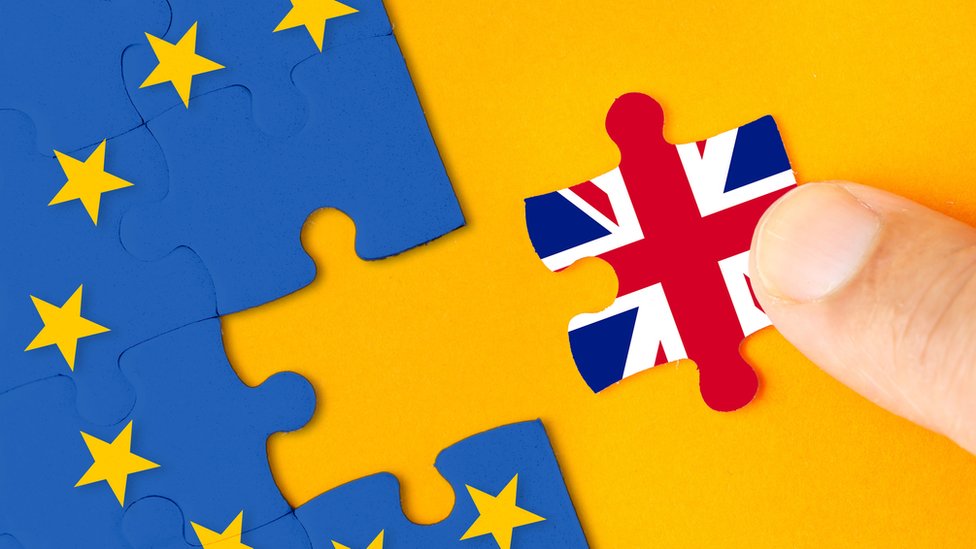1. Trade Relations with the EU:
- Trade Barriers: The UK's departure from the EU's single market and customs union introduced trade barriers, including customs checks, regulatory differences, and new paperwork. This has increased costs and administrative burdens for businesses engaged in EU-UK trade.
- Decline in Exports: Exports to the EU have faced disruptions and declined in the immediate aftermath of Brexit, particularly in sectors like agriculture and manufacturing.
- Northern Ireland Protocol: The Northern Ireland Protocol, which maintains an open border on the island of Ireland, has created a de facto trade border in the Irish Sea, impacting trade between Northern Ireland and the rest of the UK.
2. Trade Diversification:
- Seeking New Partners: The UK has been actively pursuing trade agreements with other countries to reduce its reliance on EU trade. It has secured agreements with countries such as Japan and Australia.
3. Impact on Various Sectors:
- Agriculture: The agriculture and fisheries sectors have experienced disruptions and changes in export patterns due to new customs checks and regulations.
- Financial Services: Brexit has had limited immediate impact on the financial services sector, but concerns about access to EU markets persist. Some UK-based financial firms have established EU-based subsidiaries to maintain access to EU clients.
4. Short-Term Economic Impact:
- Uncertainty: Leading up to and following the Brexit referendum, there was significant economic uncertainty. Businesses were hesitant to invest, and consumers became cautious, affecting economic growth in the short term.
5. Long-Term Economic Implications:
- GDP Impact: Various economic analyses suggest that the long-term impact of Brexit on the UK's GDP growth could be negative, with estimates of reduced growth compared to remaining in the EU ranging from 1% to 7% over the next decade.
6. Regulatory Autonomy:
- Regulatory Freedom: Brexit has granted the UK more regulatory autonomy. It has the flexibility to shape its own trade and industrial policies, but this also entails the responsibility of creating and managing its own regulatory framework.
7. Migration and Labor Market:
- Free Movement: The end of free movement with the EU has changed the dynamics of the labor market. New immigration rules have been introduced.
8. Impact on the Pound:
- Exchange Rate Volatility: The pound experienced periods of volatility, particularly during the uncertainty of the negotiation process and after the UK officially left the EU.
9. Legal and Border Issues:
- Legal Disputes: Legal disputes and uncertainties arose around issues like citizens' rights, financial obligations, and the Irish border before the withdrawal agreement was reached.
10. Potential Benefits:
- Sovereignty: Brexit has granted the UK greater sovereignty in decision-making. It can determine its trade policies, laws, and regulations independently.
The impact of Brexit on the UK economy and trade relations is complex and ongoing. While there have been immediate disruptions and challenges, the long-term implications will depend on how well the UK navigates its new trading landscape, secures trade agreements, and adapts to a post-Brexit world. Monitoring the economic and trade developments in the years following Brexit will be crucial to understanding the full extent of its impact.




Comments (0)